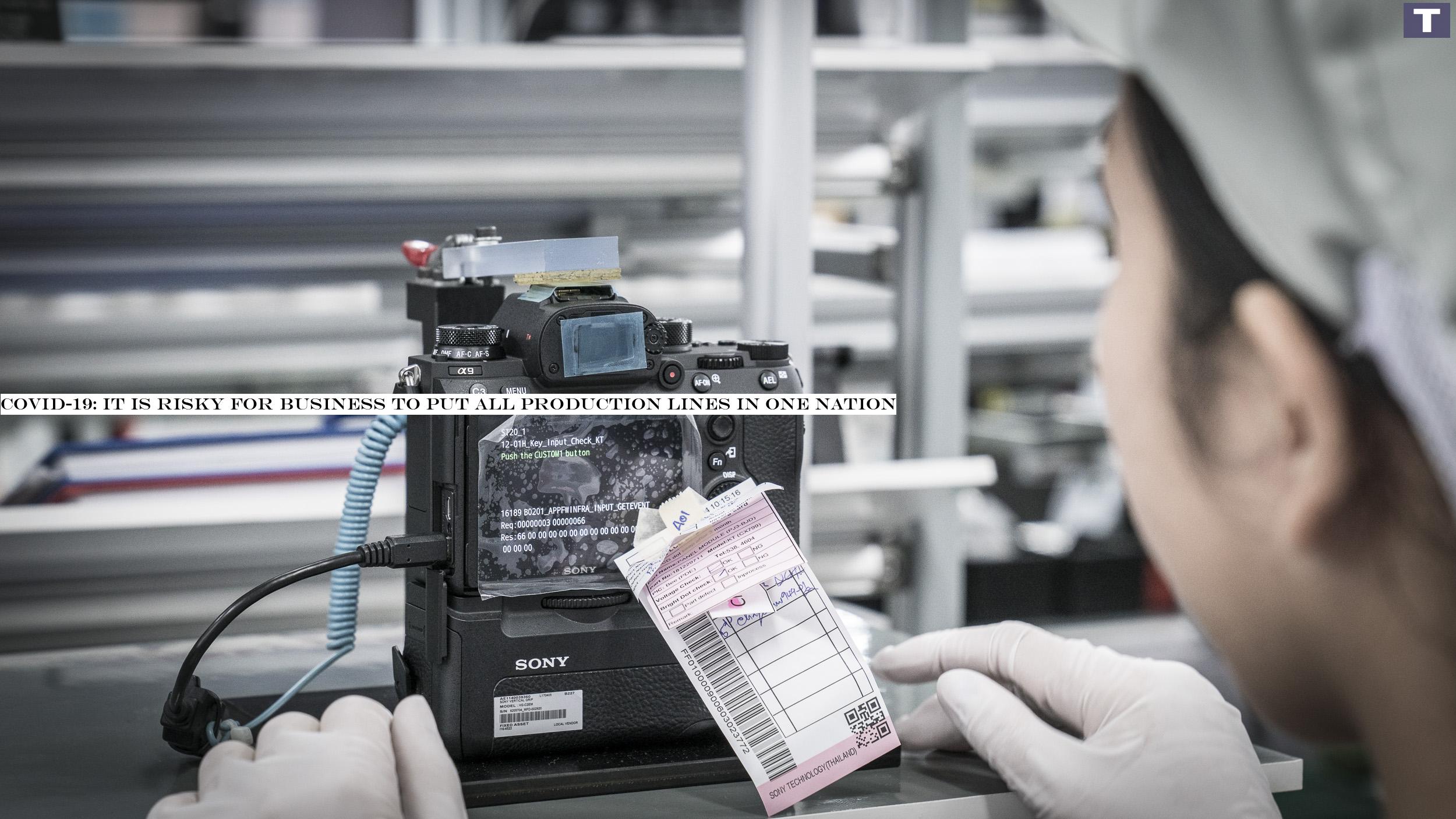Update (April 19): Added statement from Realme on the delay
A new ruling was passed by the Ministry of Home Affairs on April 19 which disallowed the sale of non-essential products (including smartphones) via e-commerce platforms. In response, Realme said "Bearing in mind the current order from MHA, we are evaluating the situation and decision about

 8
8











